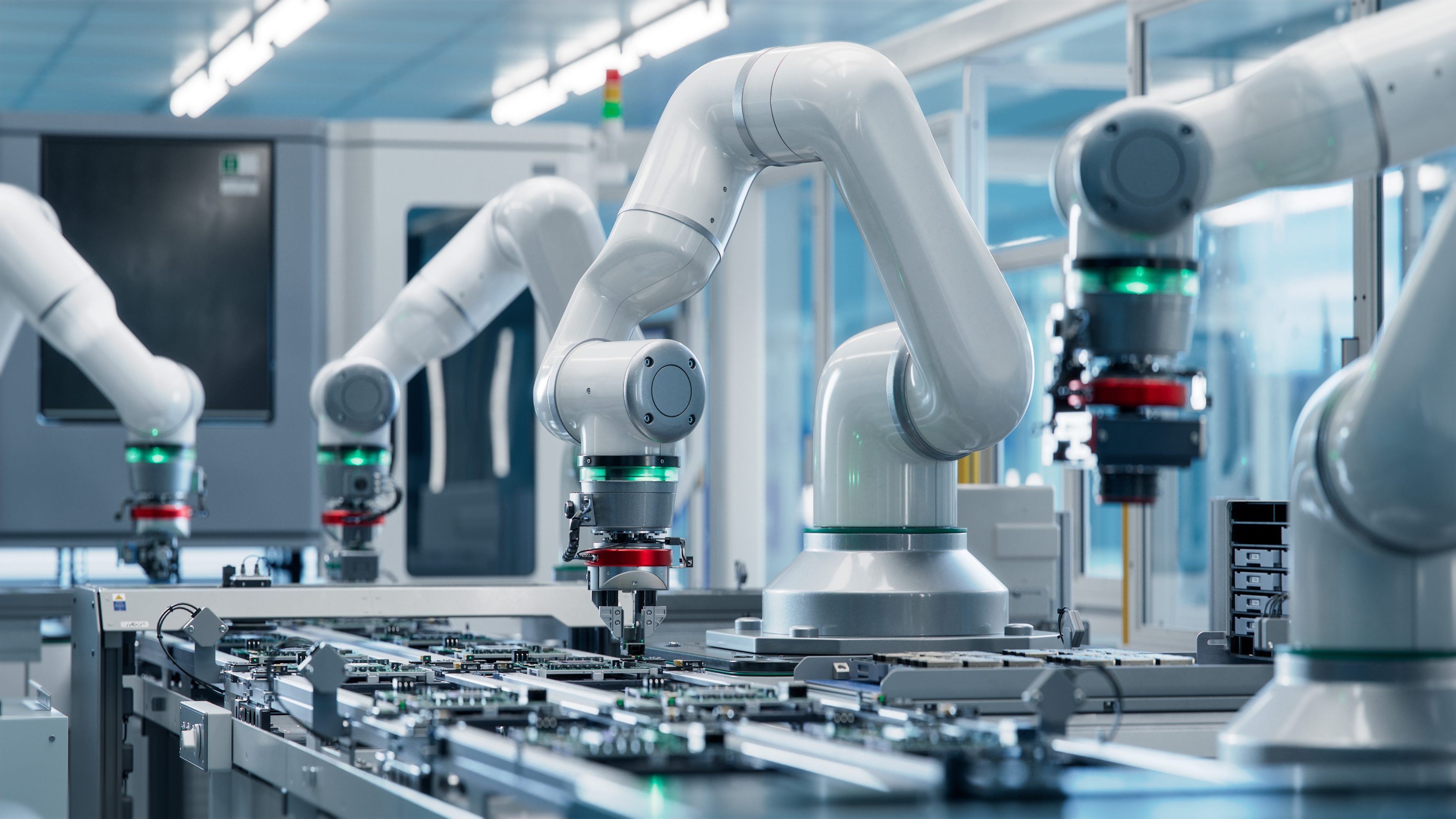A
- Access Control
- Agile Development
- AI Analytics
- AI Marketing
- Anomaly Detection
- App Code Obfuscation
- App Security
- Application Development
- Application Hardening
- Application Infrastructure
- Application Management
- Application Modernization
- Application Programming Interface (API)
- Application Security Testing (AST)
- Application Transformation
- Applied Artificial Intelligence
- Artificial Intelligence
- Asset Management
- Authentication
- Authorization
- Automated Machine Learning
- Automation Solutions
Smart Spaces
Simple Definition for Beginners:
Smart spaces are environments equipped with interconnected devices, sensors, and technologies that enable automation, data collection, and personalized experiences.
Common Use Example:
A smart office uses sensors to adjust lighting and temperature based on occupancy, improving energy efficiency and employee comfort.
Technical Definition for Professionals:
Smart spaces refer to physical environments, such as buildings, cities, campuses, or venues, that leverage IoT, AI, and connectivity technologies to create intelligent, responsive, and efficient ecosystems. These spaces integrate sensors, actuators, networks, and data analytics to monitor, control, and optimize various aspects, including energy usage, environmental conditions, security, resource allocation, and user experiences. Smart spaces enhance safety, sustainability, productivity, and comfort by enabling automation, predictive analytics, real-time insights, and personalized services tailored to users’ needs and preferences.
Smart Spaces

